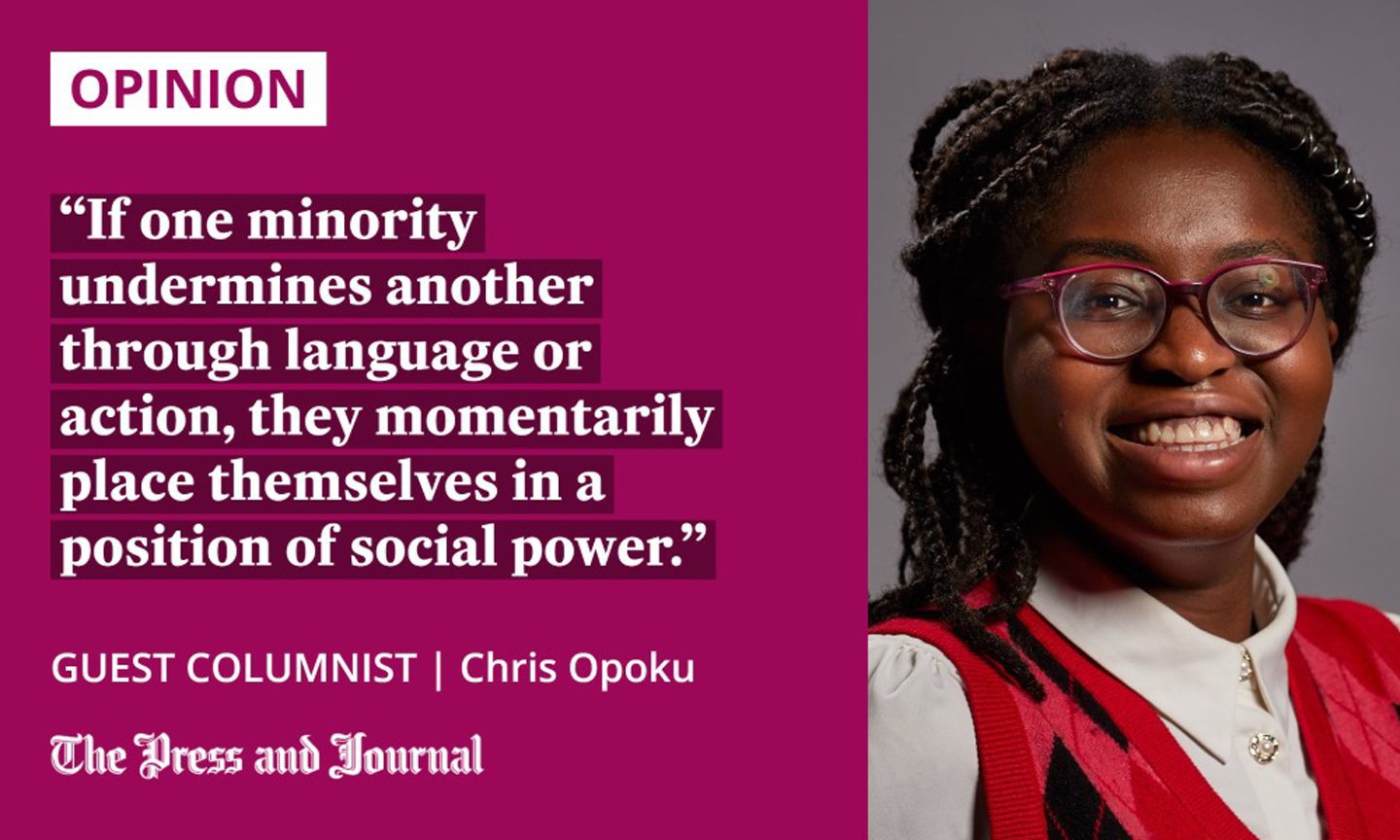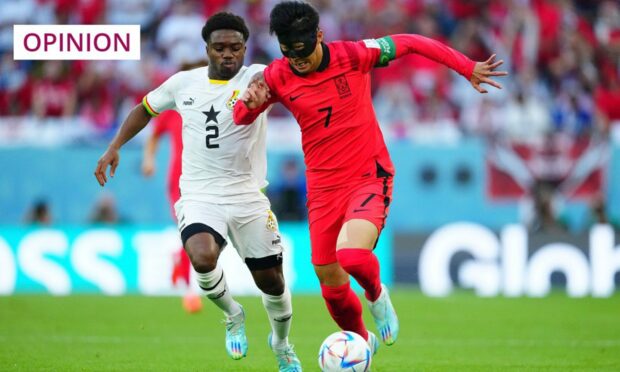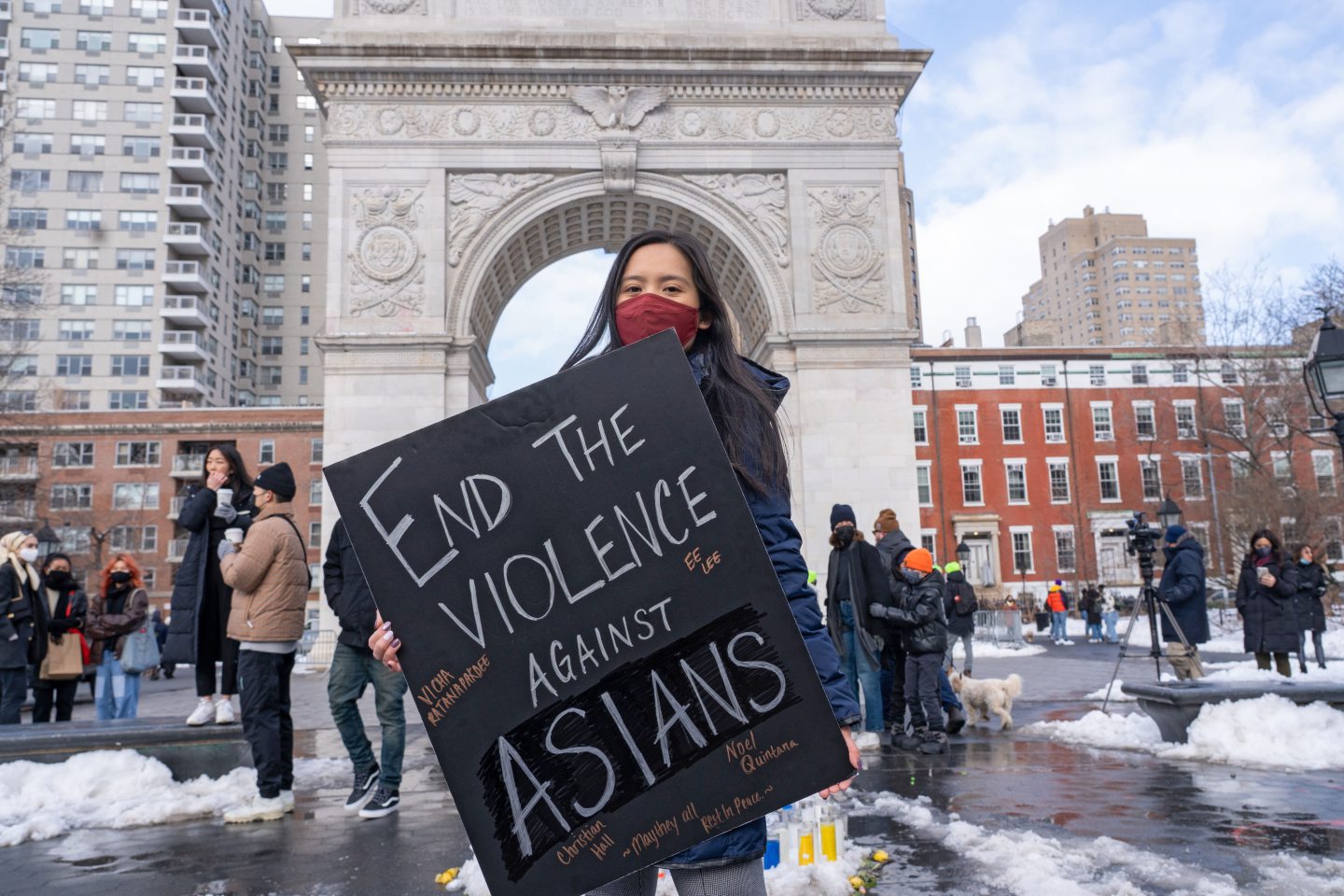Harbouring hatred is not a talent gifted to specific groups, writes Chris Opoku, and we need to talk more about racism between minorities.
Living as an ethnic minority in a predominantly white society is an intriguing experience. Uncountable times, I’ve been subjected to a phenomenon I like to call “whitesplaining”.
Those without the lived experience of an African woman seem to know my difficulties, desires and dreams better than me. They unknowingly broadcast their opinions as more authentic and accurate than mine. They speak for me, and one of their arguments that regularly leads to discussion is that minorities cannot be racist.
I still remember when a classmate told me I needed to change my mindset, since Black people were usually in agreement with her regarding societal issues. I wondered: “Why does this person expect me to satisfy their perceptions of my ethnic group?”

Although it appears that the number of anti-racists is increasing, it does not take long to realise that minorities are just fulfilling stereotypes. On one side, people join you in battles against institutional racism; on the other, they use you to hide their lack of understanding.
Discrimination comes in different forms, and one of them is a tendency to make assumptions.
Wherever the concept of helpless, innocent and faultless minorities came from, it must return to its roots. In fact, the notion that we cannot be racist against any other ethnic group is another white-coated prejudice.
Racism is not exclusive
Harbouring hatred is not a talent gifted to specific groups. It does not discriminate, regardless of complexion, or location, or societal class. Racism is not exclusive, and those who push the idea that it stops at “prejudice” when fostered by marginalised communities want to appear proper, rather than just.
South Korea’s recent loss to Ghana at the World Cup was a perfect example. Before, during and after the match, citizens from the two nations engaged in repetitive and malicious actions against each other, in an attempt to humiliate and degrade.
Shockingly, a Ghanian coach took a selfie with Son Heung-min, a Korean player, while he was crying. Taking advantage of such a vulnerable moment is not simply prejudice.
Everybody was laughing, including me. I am not innocent either
I say this knowing well that my countrymen were in full support, and leisurely joined in the mockery. It is vile; it is racist.
On Twitter, Ghanaians made jokes about Korean heritage, and Koreans insulted them right back. Comments such as: “Your father’s ashes will be used as a bath bomb” and derogatory references to animals were made by a number of Korean users on social media. One just needs to translate them to lift the veil.
A video of Korean dancers ridiculously imitating Black people’s dance style whilst wearing traditional African clothes also went viral on TikTok. On Instagram, an account called Ghana Twitter publicised racist comments towards the Asian nation.
Everybody was laughing, including me. I am not innocent either.
Call this ‘prejudice’ what it really is
Why are we so comfortable to call this “prejudice”? If any of the participants of this shameful display were white, the response would have been different.
When coronavirus started gaining its infamous reputation across the world, it caused widespread anti-Asian hatred in various communities. In the street or on public transport, elderly Asian people became targets, and were horribly stripped of their dignity. On social media, videos of violent attacks against Asians became common.
People readily criticised the assailants that were of European descent. However, an uncomfortable silence followed whenever they came across a Black perpetrator.
Instead of racism or racist behaviour, these incidents were dubbed instances of deep-rooted prejudice. Instead of speaking truth, they stroke egos. Witnessing it as a minority was eye-opening.
Having an advantage over someone else does not need to be permanent. If one minority undermines another through language or action, they momentarily place themselves in a position of social power. It excludes those in permanent power. You can be racist and still part of a marginalised community.
The mainstream fashion for minorities is a membership status as a victim. To be honest, I am tired of this pretence. I want the veil off.
Chris Opoku is a student journalist at Glasgow Caledonian University and founding editor of The Chritical, a publication championing freedom of speech


Conversation